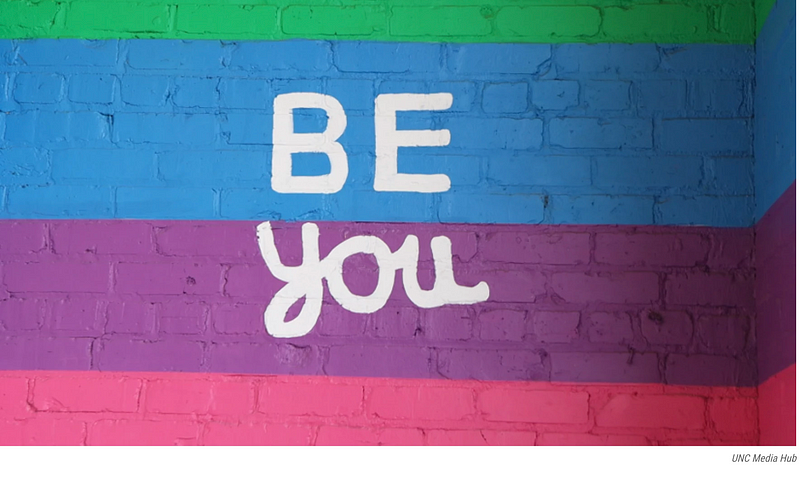Navigating Gender Dysphoria: A Personal Journey and Societal Challenges
Written on
Chapter 1: A Personal Reflection on Gender Identity
In my journey of self-discovery, there are moments that feel disheartening, particularly when it seems like my partner and I are both viewing the situation through a distorted lens. This is the reality many of us in the trans community face; it often feels like we are not the ones with the issue, but rather society itself. We have not subscribed to harmful ideologies that are often perpetuated by religious and political factions.
Recent events have reinforced this perspective, especially after watching a video featuring Jillian Michaels, who gained fame through the reality show "The Biggest Loser." To my dismay, she has aligned herself with conservative narratives that propagate harmful conspiracy theories. Once someone whose advice I valued, I found myself compelled to unsubscribe from her channel. Her embrace of misinformation, particularly regarding the Cass report and the book "Irreparable Damage," is disheartening. She seems to have fallen victim to the same rhetoric that seeks to vilify our community.
The troubling truth is that she, like many others, does not grasp the internal struggles of those of us who have endured gender dysphoria, a reality she has never experienced firsthand.

The ongoing cycle of misinformation only serves to fuel transphobia. I recently viewed Dr. Z’s insightful video that contrasts what she terms “Gender OCD” with gender dysphoria. This was a new concept for me, but it raised an important question: if anxiety and depression were removed, would gender dysphoria still persist? For me, the answer is a resounding yes. This video intrigued me, and I look forward to her future discussions on the topic.
When I shared this perspective with my wife, stating that even without anxiety or depression, my gender dysphoria would still exist, I was met with a sigh. That reaction stings. What does it imply? Does she doubt my feelings? Is she uninterested? The thought of asking her directly fills me with anxiety, and that’s a troubling sign.
- ..youtube:: vrvOkZRQwbg
width: 800 height: 500
Chapter 2: Seeking Connection and Understanding
As I look forward to returning to the U.S. in approximately eight months, I anticipate the possibility of engaging with a therapist and joining support groups tailored to trans individuals and the LGBTQ community. Connecting with others who share similar experiences could be incredibly beneficial, providing a space where I can express myself without fear of judgment or dismissal.
I recognize that it can be challenging for cisgender individuals to fully comprehend our struggles. I should be empathetic towards my wife; she cannot know what it is like to feel a disconnect between one’s sex and gender. In many ways, she is fortunate. Yet, this reality underscores the importance of finding spaces where I can share my journey and feel validated.
- ..youtube:: Ghsp48dIGxY
width: 800 height: 500
The first video delves into the feelings of neglect that arise when a partner is preoccupied, showcasing the emotional landscape in relationships. The second video offers a reflective look at early signs of one's identity, highlighting personal experiences that resonate with many in the LGBTQ community.